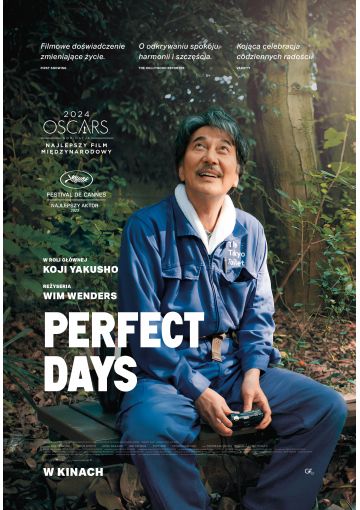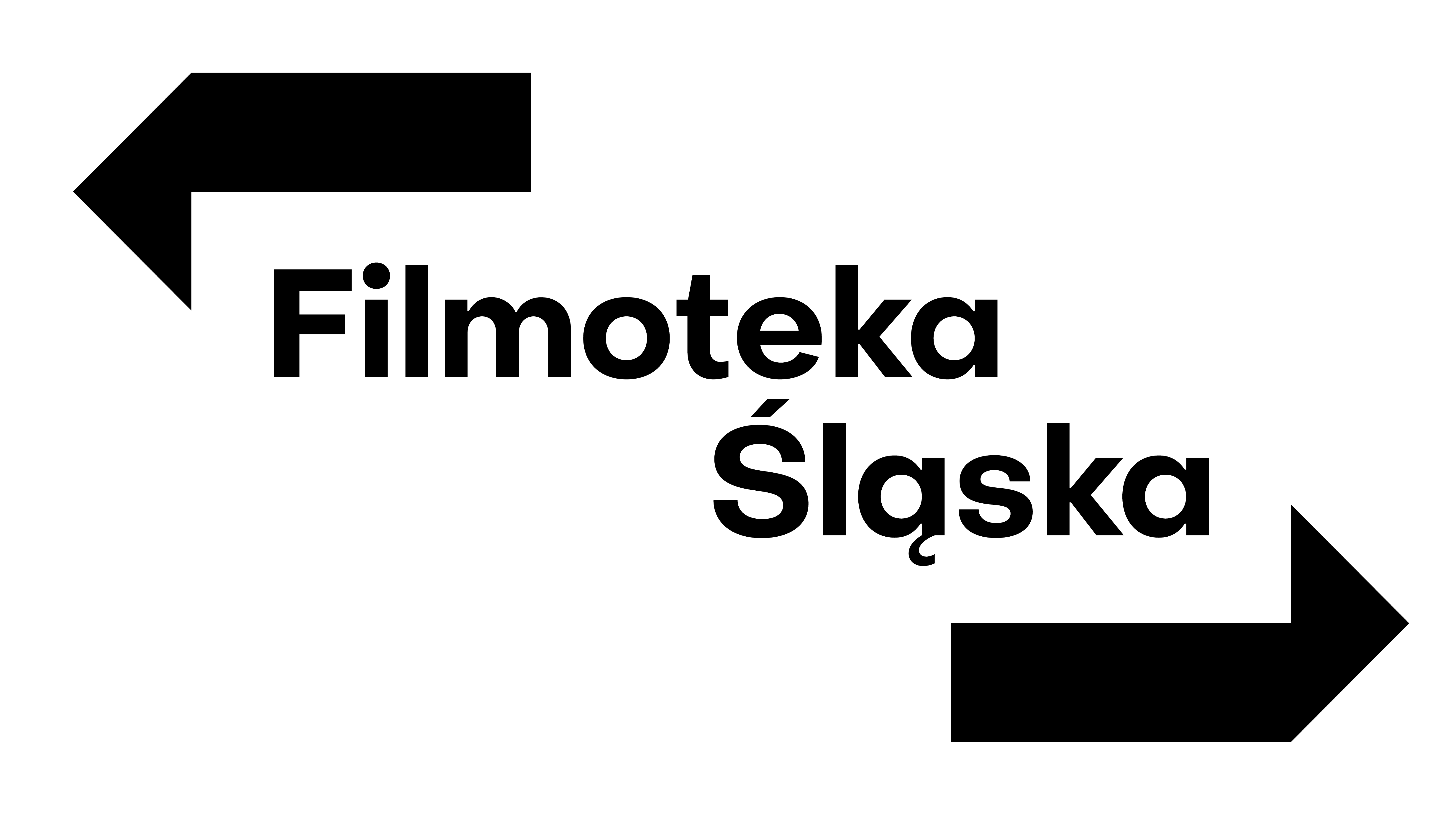Po seansie spotkanie z reżyserem Jackiem Wasilewskim.
To film o poczuciu wyjątkowości narodu, który został wybrany przez Matkę Boską, nie jest jednak jasne, co jest jego szczególna misją. Poznajemy mechanizm pomocy Maryi polskiemu narodowi – zwłaszcza w walkach z innymi i obcymi. Np. z walce z komunizmem, kiedy jej obraz był aresztowany przez komunistów, a po Polsce obwożono wymownie puste ramy, albo kiedy 2017 roku milion Polaków jednego dnia stanął w setkach miejsc wokół polskiej granicy odmawiając różaniec, żeby uratować Polskę. Film stara się również wyjaśnić najbardziej typowe z występujących na polskich terenach momenty widzenia Maryi w lasach czy na drzewach.
Opowieść zaczyna się w Licheniu, gdzie znajduje się jeden z największych kościołów Europy, zbudowany niemalże w polu, pośrodku polskiej wsi. W filmie duchowni i naukowcy starają się z różnych stron spojrzeć na sposób, w jaki Polacy przy pomocy Maryi tworzą swój portret.
To też specyficzna opowieść o narodzie, który od wieków budowany był w opozycji do wszystkiego, co nie jest męskie i waleczne. Pod znakiem postaci Matki, opiekuńczej i kobiecej, tworzy się męska opowieść o walce i obronie, którą opowiadają sobie samym mężczyźni.
The film tells a story of one nation’s conviction of its uniqueness - a story of a nation firmly believing that it was chosen by the Mother of God for special tasks and a higher purpose.
Jacek Wasilewski, the oral history researcher, decodes the mechanism by which Virgin Mary helps the Polish nation over centuries of its existence, particularly when facing pagans and other foreigners.
The role of St. Mary is presented at various points in time - for example when the Poles were united in their fight against communism. As her image was famously arrested by the regime, pilgrimages with an empty frame had an enormous impact on the faithful, perhaps a bigger one than the painting itself.
In 2017 another St. Mary-related event in Poland made the European headlines. On one day an estimated one million of Poles gathered at various sites along the Polish border. At an agreed time they repeatedly said the rosary with the purpose of defending and saving their motherland (and with it the entire continent) from non-Christians.
The film begins with the phenomenon of the incredible sanctuary in Licheń. One of the largest churches in Europe, it was built in twenty years thanks to generous donations from Polish Catholics. The great basilica nowadays rises up in the middle of a vast farmland.
The documentary features both clergymen and sociologists trying to
trace and explain the need for Virgin Mary in narratives about Polish history.
Here is a story of a nation whose image has for centuries been constructed around the denial of everything not masculine and not valiant enough. Under the sign of the Mother, the caring feminine figure, a man's story of struggle and defense is created. And men tell that story to themselves.
.............................................................................................................................
ceny biletów:
18 zł – bilet normalny
15 zł – cena biletu przy jednorazowym zakupie co najmniej 6 biletów na dowolne seanse festiwalowe dostępne w Rilacie, Światowidzie oraz Kosmosie – zniżka dostępna tylko w kasach kin
12 zł – bilety dla seniorów, za okazaniem legitymacji
12 zł – dla grup zorganizowanych, powyżej 10 osób – zniżka dostępna tylko w kasach kin
To film o poczuciu wyjątkowości narodu, który został wybrany przez Matkę Boską, nie jest jednak jasne, co jest jego szczególna misją. Poznajemy mechanizm pomocy Maryi polskiemu narodowi – zwłaszcza w walkach z innymi i obcymi. Np. z walce z komunizmem, kiedy jej obraz był aresztowany przez komunistów, a po Polsce obwożono wymownie puste ramy, albo kiedy 2017 roku milion Polaków jednego dnia stanął w setkach miejsc wokół polskiej granicy odmawiając różaniec, żeby uratować Polskę. Film stara się również wyjaśnić najbardziej typowe z występujących na polskich terenach momenty widzenia Maryi w lasach czy na drzewach.
Opowieść zaczyna się w Licheniu, gdzie znajduje się jeden z największych kościołów Europy, zbudowany niemalże w polu, pośrodku polskiej wsi. W filmie duchowni i naukowcy starają się z różnych stron spojrzeć na sposób, w jaki Polacy przy pomocy Maryi tworzą swój portret.
To też specyficzna opowieść o narodzie, który od wieków budowany był w opozycji do wszystkiego, co nie jest męskie i waleczne. Pod znakiem postaci Matki, opiekuńczej i kobiecej, tworzy się męska opowieść o walce i obronie, którą opowiadają sobie samym mężczyźni.
The film tells a story of one nation’s conviction of its uniqueness - a story of a nation firmly believing that it was chosen by the Mother of God for special tasks and a higher purpose.
Jacek Wasilewski, the oral history researcher, decodes the mechanism by which Virgin Mary helps the Polish nation over centuries of its existence, particularly when facing pagans and other foreigners.
The role of St. Mary is presented at various points in time - for example when the Poles were united in their fight against communism. As her image was famously arrested by the regime, pilgrimages with an empty frame had an enormous impact on the faithful, perhaps a bigger one than the painting itself.
In 2017 another St. Mary-related event in Poland made the European headlines. On one day an estimated one million of Poles gathered at various sites along the Polish border. At an agreed time they repeatedly said the rosary with the purpose of defending and saving their motherland (and with it the entire continent) from non-Christians.
The film begins with the phenomenon of the incredible sanctuary in Licheń. One of the largest churches in Europe, it was built in twenty years thanks to generous donations from Polish Catholics. The great basilica nowadays rises up in the middle of a vast farmland.
The documentary features both clergymen and sociologists trying to
trace and explain the need for Virgin Mary in narratives about Polish history.
Here is a story of a nation whose image has for centuries been constructed around the denial of everything not masculine and not valiant enough. Under the sign of the Mother, the caring feminine figure, a man's story of struggle and defense is created. And men tell that story to themselves.
.............................................................................................................................
ceny biletów:
18 zł – bilet normalny
15 zł – cena biletu przy jednorazowym zakupie co najmniej 6 biletów na dowolne seanse festiwalowe dostępne w Rilacie, Światowidzie oraz Kosmosie – zniżka dostępna tylko w kasach kin
12 zł – bilety dla seniorów, za okazaniem legitymacji
12 zł – dla grup zorganizowanych, powyżej 10 osób – zniżka dostępna tylko w kasach kin
















